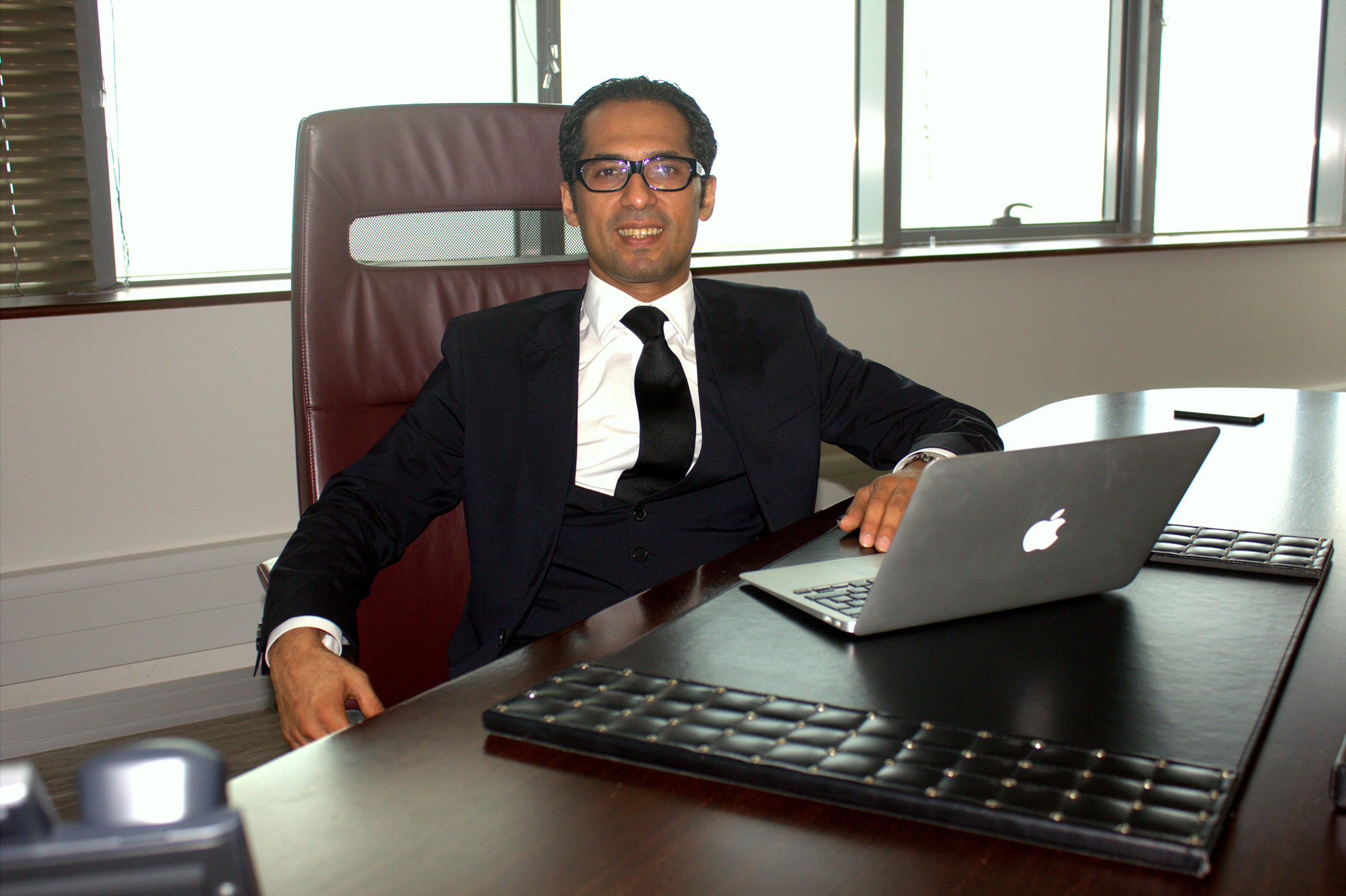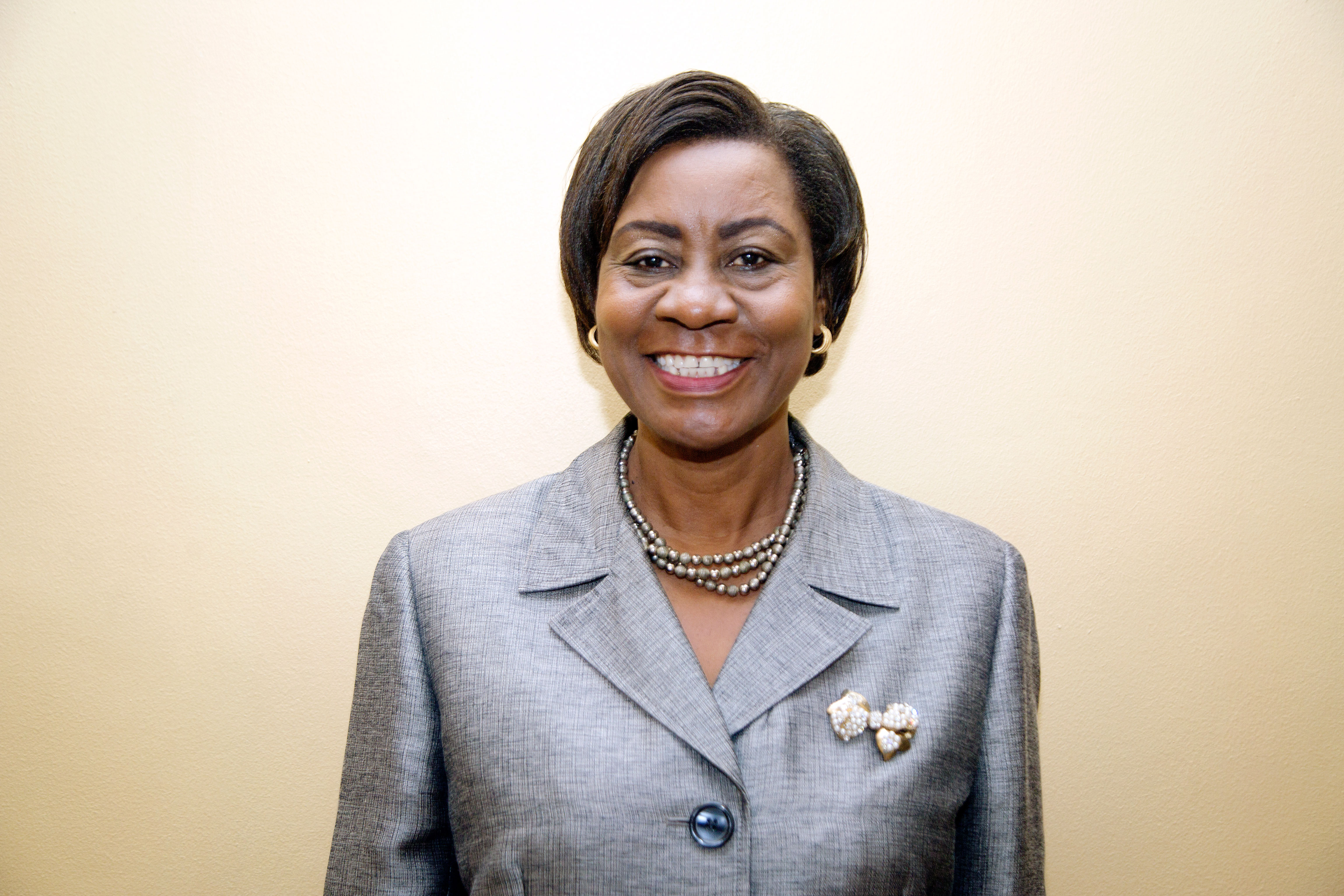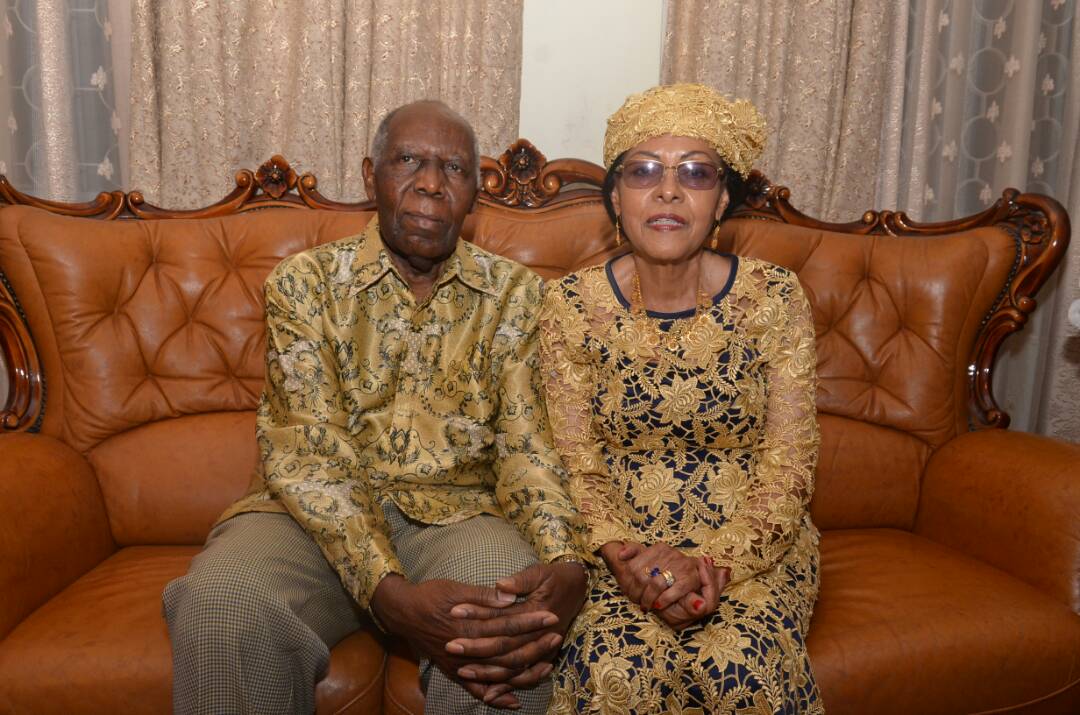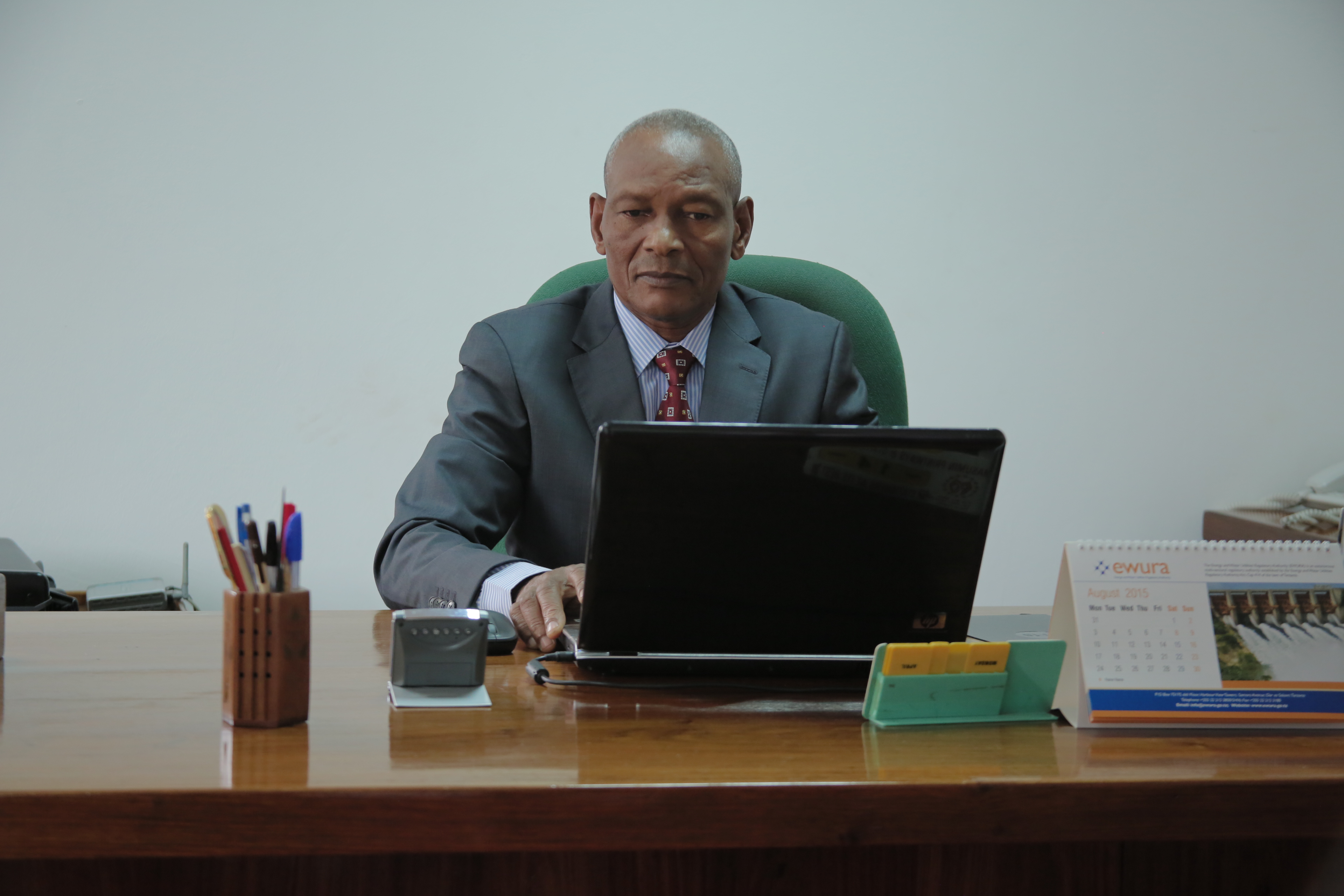Mo Dewji relates how he climbed the ladder of remarkable success

At a tender age of 39 years, Mohammed Gulam Dewji could be described as the most successful young businessperson not only in Tanzania, but also on the entire African continent. A prodigy in planning, an erudite businessperson, philanthropist, religious-cum-politician, Dewji has such rare qualities of character to be found in one person.
Popularly known as Mo, he is the Group CEO of Mohammed Enterprises Tanzania Limited (METL). Under his directorship, METL employs thousands of people and contributes about 3.3 per cent of Tanzania’s GDP. His real time net worth as of June 10, 2023 was estimated at US$1.5 billion (according to Forbes) and it is still growing.
His diversified group of companies deal in trading, manufacturing, agriculture, financial services, real estate, mobile telephony and distribution in Tanzania and the entire of East and Central Africa. METL is undoubtedly one of the leading trading companies in the region.
Mo has never settled for the second best, he has impacted the lives of thousands of people with his encouragement, good open heart, and with his “forever better” motto, no wonder it has brought him accolades. As a politician he campaigned for building more schools that would positively impact the lives of thousands of his voters and Tanzania in general. He is a product of credible educational institutions in Tanzania as well as George Town University in the USA, the same university that King Abdullah the 2nd of Jordan attended.
His religious belief is reflected in how he conducts his life and spends his wealth towards “the have nots”. He is generous, a man with values, morals, and principles of moderation in the way of life. His religious values make him concentrate on helping the disadvantaged.
If all upcoming entrepreneurs in this country emulate Mo, Tanzania will in a short time become a hub of great success. He is hard working and attends board meetings which have given an opportunity to climb the ladder of success. He has an eye for opportunity and a very good business sense.
In short, he is one of the most respected young business moguls, mentor and an emblem of humility and hard work. Who’s who Tanzania had an opportunity to interview this busy young man and this is what he had to say about his success.
Who’s who in Tanzania: Could you share with us your early childhood?
Mo Dewji: I was born in 1975 in Singida in a family of 6 children. I am the second born and I have an elder sister. At that time, my parents wanted to have me delivered from home although under the supervision of a midwife. However, the whole birth process got complicated as my mother went through a very difficult labour experience because she did not know that the umbilical code had surrounded me. After 17 hours of complicated labour the doctor had to come in and say: “Look we have to send you to hospital.” At that time, the closest hospital was Mungaa and the road being rough and bumpy it would take roughly 2 and half hours. Anyway, things went well and through struggle I was finally born on a table at home. We lived in a mud house in Singida and in 1979 I moved with my grandmother to Arusha where I did my nursery school. I went to Arusha School for my primary education and that part of my life was very interesting because I was living away from my parents. I was living with my grandmother and my sister. Arusha School at that time was one of the top primary schools.
Who’s who in Tanzania: Could you tell us about your educational journey?
Mo Dewji: From Arusha I came to Dar es Salaam and went to the International School of Tanganyika (IST). I did my 9th, 10th and 11th grades. While at IST, I learnt how to play golf and was really good at it. Meanwhile, my younger brother was a tennis player. My father suggested that we should go to school in America because we had taken part in certain tournaments and excelled. So, we left for the US and went to a school that taught professional golf and tennis first in Orlando, then in Tampa. I happened to study with the likes of Jennifer Capriati, a former World Number 1 tennis player. While at school, Jennifer and I were voted for the most accomplished (she was an accomplished student because she was a great tennis star and I was the Students Government President).
After graduating from high school, I was quite good at golf which prompted many universities to give me scholarships to go and play golf, but then I just realised that I wasn’t good enough at it and more so wasn’t going to make it in golf. So, I decided to join George Town University, one of the top universities in America to study finance, majoring in International Business and minoring in Theology. Subsequently, I graduated in 1998. I did 4 years at George Town and I have not done my Master’s degree, but just undergraduate studies! I don’t think I will ever do my Master’s degree because as much as I want to, it’s not possible. It’s not easy because my opportunity cost for 1 hour is US$25,000. As I am sitting here we’ve spent half an hour that is US$12,500. So, I can’t go to school because I will have too much money to lose.
Who’s who in Tanzania: Where did you go after school?
Mo Dewji: After my university studies I got a job with JP Morgan Investment Bank at Wall Street, where I worked for a few months and realised that it was really tough for me. I couldn’t make my ends meet because New York was and is still very expensive. At that time I was being paid US$40,000 per year, plus US$20,000 bonus for making me work 100 hours per week, then you have US$20,000 in taxes, then as I was staying in a small room in Manhattan I had to pay US$2,500 a month. At the end of the day I had very little money left to buy suits, to eat and so forth. At this point, I had to call my father to send me some money, but said I was wasting time in America I should return home. I had no option, but heed my father’s call. After returning home, I joined my father’s business. I also joined politics and became a Member of Parliament (MP) for Singida Urban Constituency.
What prompted me was that when I returned home from the university I said “I want to go back home, I want to go and see Singida.” I hadn’t seen Singida since 1978 so it had been a long time. But when visiting my birth place, I was struck by seeing an older person sitting down and paddling dirty water. He told me that it was the kind of water the community was using, including children. They were using it for all purposes. Knowing that parents love their children the way I love my own, there is no life that is more valuable than others’ lives. You cannot tell me that the life of a child in Europe is more valuable than that of a child in Singida. But as you know many diseases caused by dirty water are treatable, but due to the low level of education among parents they end up administering local herbs instead of taking their children to proper health facilities. As a result, many children end up having serious health complications and sadly others succumb to death because of dirty water. During our discussion the old man asked me to stand for area MP and added that he knew my grandfather, and that my great grandfather was buried there, and that my father left Singida because of business. So, I asked him, “who is your MP?” He said he was Musa Nkangai, the then Minister for Water. It sounded ironic, that we were talking about water and the area MP for 13-14 years was Minister for Water. Anyway, I returned to Dar es Salaam and told my father that I wanted to contest for a parliamentary seat.
Being known as a Simba Sports Club supporter and promoter it was easier for me to vie for the political post in Dar es Salaam as suggested by my father. But I insisted to contest for the Singida seat otherwise I was not interested in being an MP. At the age of 24, I went and stood against the minister in CCM party primaries where I got 93 per cent. The minister was gone, totally gone. Obviously, he was quite a powerful man so the CCM National Executive Committee did not nominate me, they said I was too young and did not have enough experience and so forth, but if you go back in history there was a lot of uprising that happened in Singida. People burnt flags, cars and there was a little bit of instability and people alleged that I was going to join the opposition. But if you see there was no opposition in Singida.
The opposition started in Singida in 2000 and then as a member of CCM I went back and supported the new candidate who was neither the minister nor myself.
Anyway, the new candidate I supported went through with 51 per cent. Five years later (2005) I ran for the parliamentary seat, and won. By the time I took the seat, access to water in the entire constituency was 23 per cent, but now it is at 83 per cent. In terms of health, we are fighting against malaria and HIV/Aids. With regard to education, there were 2 secondary schools, but now we have 18. Half of the children who go to school in Singida are under the MP’s scholarship. I don’t stand in Parliament and talk about national issues I just did development I mean I have spent in the last 8 years US$4 million of my own personal money. I could have bought a jet, but if today you take me back I will still spend that money for the people of Singida. I believe life is short you have to give back.
Who’s who in Tanzania: Can you remember some of your teachers and friends? Are you still in touch with some of them?
Mo Dewji: I still have many friends who I went to school with, like Yohann Kaluma, George Mambo, Lulu Shabel, Vincent Shirima, and so forth.
As for teachers, I still remember Ms Walala, Ms Ngowi, Mr Dalal and then I remember at IST there used to be a teacher called Mr Fernandez. At the university there was Prof Beiss he taught us Management Organisational Behaviour, Leadership and Power and Prof Rivelli who was the Deputy Dean of George Town taught me Finance classes BFM, IFM, Prof Polan Maida taught us International Business then of course Theology many other professors for Theology. I had many college friends and I am still in touch with them. There are certain friends who I started doing business with, certain friends who were from the African continent with whom I am in touch. When I was in Ethiopia I met a few of them. There is a friend of mine called Ali. He is a Ugandan national. There’s another friend of mine, his name is Pasha. He is based in Dubai and now we are trying to open a bank in Tanzania together, so we are in touch, and there’s another friend of mine whose name is Anthony Haga. He is based in Sudan. He is a good businessperson. Of course, many of them are in England, the US and so forth. I am a member of the George Town University Board – Board of Advisers this year. I was nominated by the Dean to contribute back.
Who’s who in Tanzania: Could you briefly explain or tell us about your journey from the time you left school to become one of the few successful and inspirational icons in the country?
Mo Dewji: I came back home in 1999, and immediately joined my father’s business. At that time he was earning about US$30 million revenue. This year we are going to do almost US$1.2 billion in revenue. We contribute 3.5 per cent of Tanzania’s GDP, we contribute 5 per cent per cent of formal employment, we employ 4,000 people. So, basically we have grown 30 folds. How did I do it? I had to borrow money from my father and I had to invest, we coordinated it very well.
Who’s who in Tanzania: How much, do you think the US influenced you in terms of running your business here in Tanzania?
Mo Dewji: George Town has done a lot for me because when you get to George Town first it’s very competitive. If you think you are smart you will meet every other student who is smarter than you and it’s so competitive.
You know there’s a saying if you get 91 per cent and above you get an A, but in George Town, No! In George Town they say that only 6 per cent of the whole class gets an A, so if you have 92 per cent then you have 6 other students who got more than 92 per cent - you get an A minus, 1) it is highly competitive, 2) top class education programmes, 3) top class professors, 4) cosmopolitan. You have students from all over the world and you know when you say George Town University you are talking Henry Kissinger, Madelyn Albright (before being Secretary of State she used to teach at George Town and after being Secretary of State she’s teaching again at George Town University). You have Bill Clinton, you talk about King Abdallah of Jordan, you talk about President of Argentina and Philippines. Actually, most ambassadors the US produces are from GTU. You have to be very competitive. I used to be a smart child in school and studied hard, I used to do very well, I used to get a lot of As. Of course, I had a good base to be able to get into a good university.
Who’s who in Tanzania: You are a successful and inspirational icon. But we believe you also have someone who has inspired you. Could you tell us some of the most inspirational figures in your life?
Mo Dewji: I think there are three most important people in my life. The first is my father, he is my idol. I look up to him and he’s always been there for me. He has taught me, he is my mentor, he has given me the direction and I am who I am because of him. The second is my mother, she is a very calm woman. My dad is a little short tempered and aggressive, but my mother is the opposite. If my dad tells my mother, look it is raining outside my mother will say, yes; just because she does not want to argue with anyone. So, she has given me the soft side of life. Whenever I was in a fix she was always supportive, she has been praying for me. I give her equal importance if not more, and then, of course, the third person is my wife because she has to tolerate me not being at home. She has to raise my children, she has to tolerate my politics of me going to Dodoma, being away in Singida, being abroad. When I am here in the country I leave in the morning when everybody is still asleep and come back home to find everybody is asleep except for her waiting for me. So, these are the three most important people in my life.
Who’s who in Tanzania: You are among the very few inspirational persons in this country. What is your advice to people in this country, especially the youth?
Mo Dewji: My advice is that you cannot become rich overnight. The road to glory is constructed bit by bit. There is no shortcut. You need to be disciplined, work hard, be honest, be credible to attain success. So, there is no shortcut that you wake up the following day and achieve what Bill Gates has done! It’s not going to happen. Never will it happen that way! You have to plan that road map and you have to walk the walk. You know, you cannot just talk the talk – walk the walk. First, you have to have a strategy and then you have to draw out a road map you know where you want to be in terms of destination and then you have to work hard to reach there. Second, I think we are very lucky people because being an entrepreneur in a country like Tanzania or East Africa or Africa as a whole, you are in the right place at the right time, you are in the right continent, you are in the right country, at the right time because Africa for the next 10 years is going to be the frontier of world growth. So, you know, you wouldn’t want to be in Europe because of all uncertainties, you just have to put your head together and come up with an idea and work very hard to build on it. That is what I want to tell the youth, that you are in the right place. You just need to discipline yourself, have new ideas and then go forth.
Who’s who in Tanzania: As an MP it would not be fair not to say a word to your people.
Mohammed Dewji: I love my people, they give me a lot of satisfaction. I’ll tell you something, there’s not a single day that I don’t think about Parliament or my constituency. There’s not a single day that goes by that I don’t think of them and how to improve their lives. I know they pray for me and I pray for them as well. May God continue giving me a big heart to keep on helping them. I really love my people of Singida (This interview was taken when MO was still an MP for Singida Urban).



